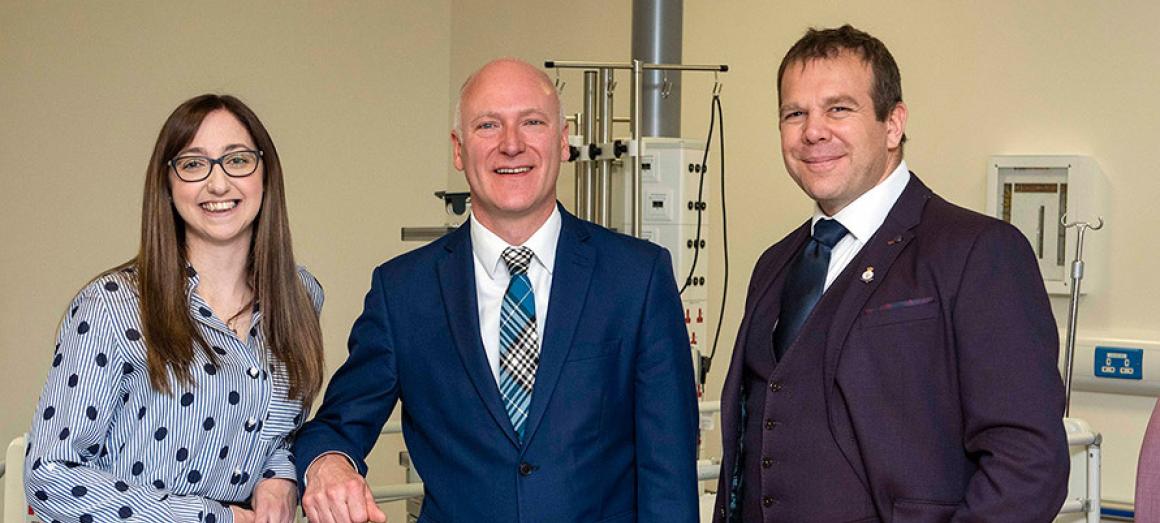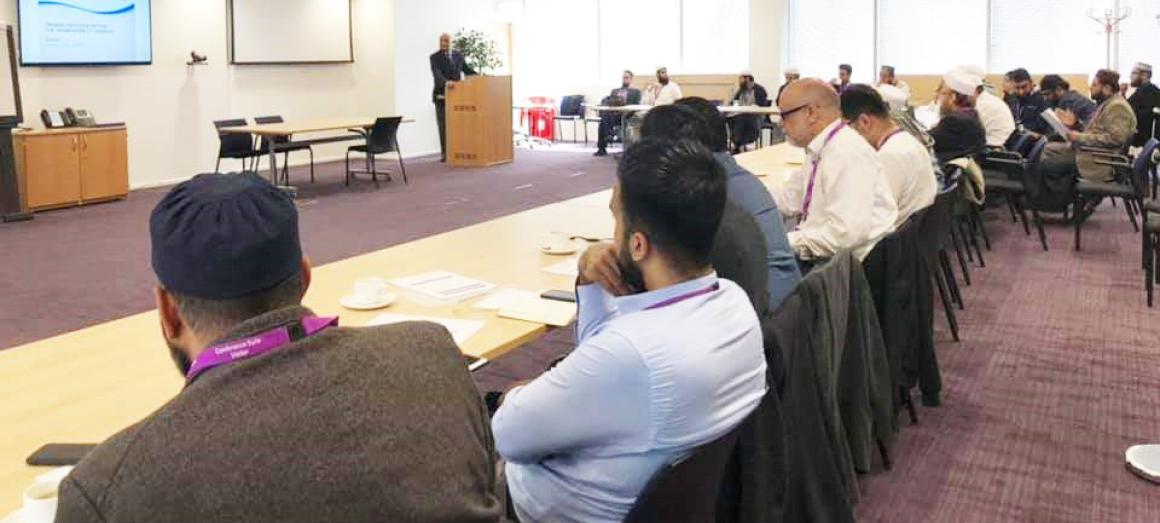
Opt-out system for donation gets go-ahead
Human Tissue law passes Stage 3
Legislation to introduce an opt-out system of organ and tissue donation for deceased donors has been passed by the Scottish Parliament.
The Bill was introduced in June 2018 as a means of increasing numbers of successful donations in Scotland. International evidence suggests that opt-out legislation can be effective as part of a package of measures to increase organ donation.
Under the new law, if an adult does not opt-in or opt-out of donation they may be deemed to have authorised donation for transplantation. This is subject to the safeguards in the Bill which seek to ensure that donation will not go ahead where it would be against the person’s wishes.
The Scottish Government will be working with stakeholders to ensure that systems and training for health professionals are in place before opt-out is introduced. A public awareness campaign, launching later this year, will provide more information about what the changes mean and what choices people will have.
Speaking after the vote, Public Health Minister Joe FitzPatrick said:
“Organ and tissue donation can be a life-changing gift. Evidence shows that opt-out systems can make a difference as part of a wider package of measures and this Bill provides further opportunities to both save and improve lives.
“We have worked closely with key stakeholders in the NHS to ensure that the system which is introduced is workable and I would like to thank them for their considerable input in this new law. We will continue to work with them as we prepare for the introduction of opt-out to ensure this legislation is implemented effectively and helps to save and improve lives.
“The new opt-out system will add to the package of measures already in place which have led to significant increases in donation and transplantation over the last decade.
“However, in Scotland there are an average of more than 500 people waiting for an organ transplant at any one time so it’s important that we do all we can to improve the lives of those on the waiting list.
“I would encourage people to continue to make a decision about donation and discuss it with their family.”
Background
The Human Tissue (Authorisation) (Scotland) Bill was introduced to Parliament on 8 June 2018 and amends the existing Scottish legislation that supports donation by introducing a new, additional form of authorisation called ‘deemed authorisation’. This means that donation may proceed where a person was not known to have any objection to donation.
Under the system there will be protections for adults without capacity to understand deemed authorisation, adults resident in Scotland for less than 12 months and children under 16 who will not be subject to deemed authorisation and will only be able to donate if they, or someone on their behalf, explicitly authorise it.
Less than 1% of people die in circumstances that enable organ donation to proceed, as a potential donor usually has to be in an intensive care unit and there may be medical reasons that mean organs are unsuitable for transplantation.
There will be a high profile awareness-raising campaign running at least 12 months before the introduction of the new system, and on a regular basis after implementation.
Since 2008 in Scotland there has been:
- an 81% increase in the number of people who donated organs after their death (54 to 98 in 2018/19)
- a 58% increase in the number of lifesaving transplant operations from deceased donors (211 to 333 in 2018/19)
- a 16% decrease in the number of people on the active transplant waiting list (689 to 581 in 2018/19)



